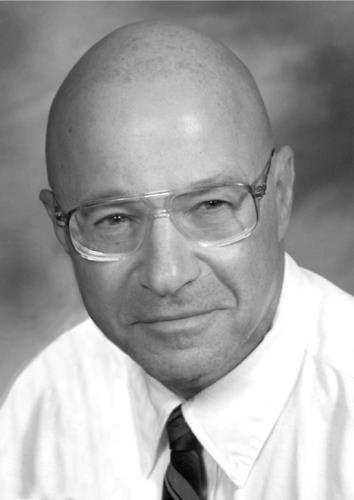In an article titled “GLAAD criticizes Hilton for anti-gay slurs,” part of it reads as follows:
“The openly gay [Perez] Hilton called Black Eyes Peas singer will.i.am a “f****t” after the two reportedly were involved in a heated confrontation….. “The Gay & Lesbian Alliance Against Defamation has criticized Hollywood gossip blogger Perez Hilton for using anti-gay slurs in a recent online video….. “In Hilton’s video blog, he ranted at the recording artist: “I don’t need to respect you, and you’re a fag. You’re gay, and stop being such a faggot,” E! News reported.” [WMQZ Internet Radio, June 22, 2009]
Part of GLAAD’s statement reads as follows:
“These are vulgar anti-gay slurs that feed a climate of hatred and intolerance toward our community,” said Rashad Robinson, Senior Director of Media Programs at GLAAD. “For someone in our own community to use it to attack another person by saying that it is, quote, ‘The worst possible thing that thug would ever want to hear,’ is incredibly dangerous. It legitimizes use of a slur that is often linked to violence against our community. And it sends a message that it is OK to attempt to dehumanize people by exploiting anti-gay attitudes.”
Of course, GLAAD is right! And Hilton is affirming and reinforcing the hateful stereotype used by the oppressor that gay men are just “fags” and, therefore, he is reported as saying, “I don’t need to respect you.” Nothing could be clearer: “Gay people are mere fags who don’t deserve respect!” And this message is communicated by a gay man!
The use of such epithets as “fag” are, indeed, hateful, and it’s a mystery to me why anyone would want to take a hateful word used by those who oppress them, and appropriate it for themselves and trick themselves into believing that they are somehow neutralizing that word, or somehow empowering themselves by its use. If one thinks that the context in the use of such words is important, think again!
I’ve heard some Gay people say that use of such words as “fag,” “dyke,” etc. are terms of empowerment and even endearment when use with one another. There is nothing “empowering” or “endearing” in the use of terms that have historically been used and are continually being used to oppress, and serve as rationalizations to oppress, LGBT people. To believe that such words are “neutralizing,” “empowering,” or are “terms of endearment” is to mystify the reality that their use merely shows how vulnerable, how self-loathing, and how in agreement the oppressed is with the oppressor.
By using hateful words as self-identifiers merely shows the hearer of those words what one truly thinks of him/herself! If I refer to myself as a “kike,” that clearly denotes the conscious or unconscious shame and/or self-loathing that I feel in being Jewish. There is nothing “empowering” or “endearing” about that term, and I think that virtually everyone would agree. I know of no Jewish person who would ever use that term with which to identify him/herself, and I daresay you don’t either.
When one is oppressed, when one hears negative and hateful messages throughout his/her life about who he/she is, those messages and their reinforcement can’t but have a traumatic effect on that person, and that person finds ways to shield him/herself from the hurt of those messages. Yet, to take the route of using such a shield as using the very words that the oppressor uses, even when they’re beating or killing Gay people is, to put it mildly, counterproductive.
It’s counterproductive for the long-term well-being of the psyche of the oppressed person, and it is counterproductive for the dignity and self-respect that is needed to be seen by both potential Straight allies as well as by the oppressor in the civil rights struggle for LGBT people.
By not using such hateful words, the message is being given that, “I have self-respect, I have dignity, and I demand that I have every single civil right that any other citizen possesses!
It should be remembered, for the good of this civil rights struggle, that one doesn’t have to be a logician to see that if one uses a term used by one’s oppressor as a form of “empowerment” or “endearment,” that that person on some psychological level finds that oppressor “endearing,” and that by vicariously identifying with that oppressor a “power” is conveyed that that person seeks.
And conveying powerlessness is not the way to win full and equal civil rights! Nor is it good for one’s emotional well-being!

Professor Emeritus of Sociology at California State University, Chico, Rev. Dr. Jerry S. Maneker served as an ordained priest in the Congregational Catholic Church, a division of the Independent Catholic Churches International (ICCI). For many years he published a weekly column in the Sacramento Valley Mirror titled “Christianity and Society” where he dealt with a variety of social issues from a biblical and sociological perspective. He also published a blog called A Christian Voice for Gay, Lesbian, Bisexual and Transgender Rights and the website Radical Christianity.
